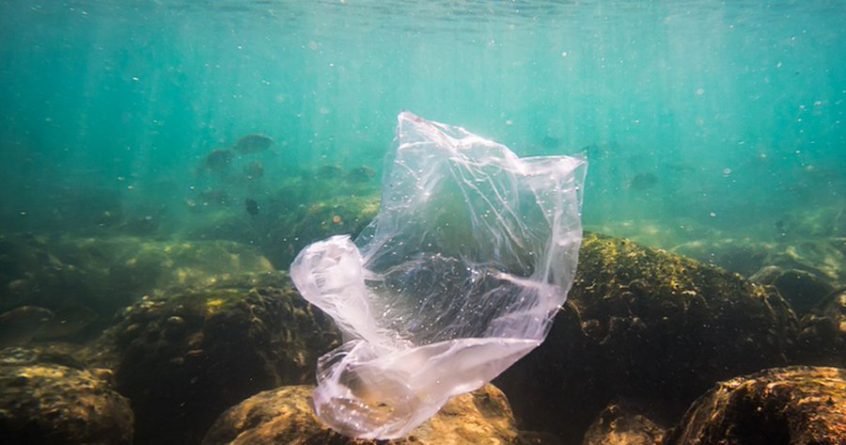With TV ads praising the uniquely delicious flavour of vanilla from Madagascar, how does the idea of vanilla from waste plastic appeal?
Far-fetched? Unpalatable?
Well, it’s one way of tackling the mounting issue of plastic pollution.
Edinburgh scientists have come up with a way of using bacteria to transform plastic waste into vanilla flavouring.
They’ve discovered a method of using the ubiquitous bacterium E. coli to convert waste plastic into vanillin – the main component of extracted vanilla beans responsible for the characteristic taste and vanilla smell.
The Edinburgh study could help boost the “circular economy” which encompasses the four Rs – Reduce, Reuse, Recycle and Remove – to harmonise the carbon cycle by balancing carbon output.
Approximately 50 million tons of PET (polyethylene terephthalate) plastic waste is produced annually, causing serious economic and environmental harm.
PET recycling is possible, but existing processes create products that only continue to contribute to plastic pollution.
To tackle this problem, scientists from the University of Edinburgh used lab-engineered
E. coli to transform terephthalic acid – a molecule derived from PET – into the high-value compound vanillin, via a series of chemical reactions.
The team demonstrated how the technique works for converting a used plastic bottle into vanillin by adding the E. coli to degraded plastic waste.
Researchers say that the vanillin produced would be fit for human consumption but further experimental tests are needed.
Vanillin is widely used in the food industry where it’s a favourite food and ice-cream flavouring.
It’s also used in the cosmetics industry, as well as in the formulation of herbicides, anti-foaming agents and cleaning products.
Global demand for vanillin was in excess of 37,000 tons in 2018.
“This is the first example of using a biological system to upcycle plastic waste into a valuable industrial chemical and has exciting implications for the circular economy,” said first study author Joanna Sadler of the School of Biological Sciences, University
of Edinburgh.
“The results from our research have major implications for the field of plastic sustainability and demonstrate the power of synthetic biology to address real-world challenges.
Our work challenges the perception of plastic being a problematic waste and instead demonstrates its use as a new carbon resource from which high-value products can be obtained”, said Joanna’s colleague Dr Stephen Wallace.
The study lays the foundation for further studies to help maximise vanillin production towards industrial levels.

